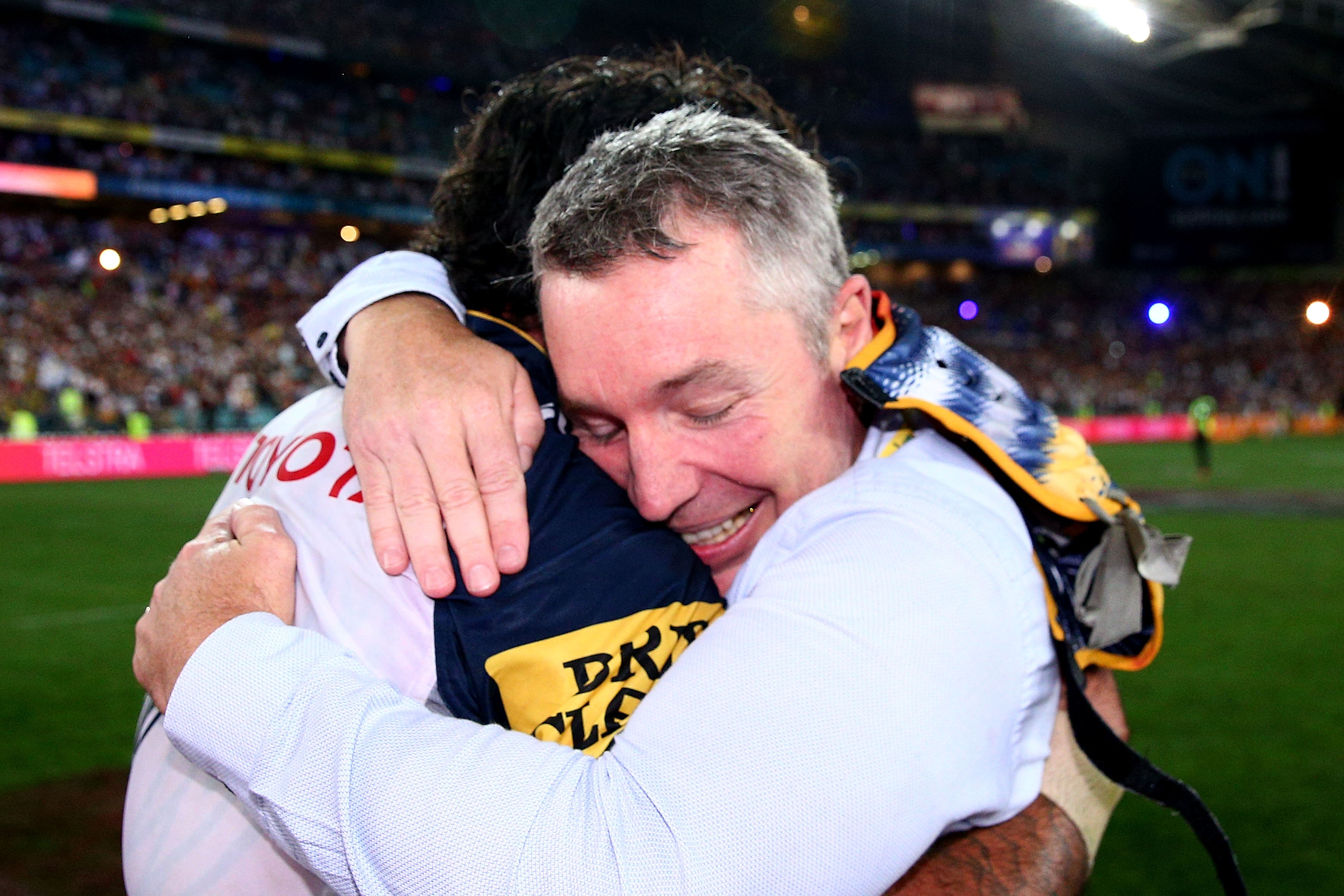
– This article originally appeared on stuff.co.nz and is reproduced with permission
Cricket great Ross Taylor says he edited sections of racially insensitive comments out of his new autobiography to protect the identity of some Black Caps players.
Taylor has revealed, in Ross Taylor Black & White, that he was a victim of casual racism and inappropriate comments around race during his iconic cricket career.
He grew up learning about his Samoan and European heritage but Taylor always saw himself simply as a Kiwi.
READ MORE: Wayne Bennett’s offer to Paul Green three weeks before his sudden death aged 49
READ MORE: ‘Ridiculous’ Kyrgios demolishes fellow Aussie ahead of US Open
READ MORE: Gus Worland’s emotional plea to Australians after sudden death of Paul Green
But he admits he was looked upon differently, at times.
During the editing process for Ross Taylor Black & White, co-written by Paul Thomas, Taylor removed some stories involving racist comments for two reasons.
“I didn’t want it to detract from a lot of the other good stories that are out there,” Taylor told Sky Sports.
“But at the same time, a few of the stories involved a few of the players who are still (around) the team, so I didn’t want it to compromise them or put them in a compromising position because they’ve still got to have their career.”
Taylor said of racially insensitive comments: “You are subject to it at different stages. The changing room banter, as I talk about, is almost the barometer.”
In the book, Taylor wrote: “A teammate used to tell me, ‘You’re half a good guy, Ross, but which half is good? You don’t know what I’m referring to’. I was pretty sure I did.
“Other players also had to put up with comments that dwelt on their ethnicity. In all probability, a Pakeha listening to those sorts of comments would think, ‘Oh, that’s okay, it’s just a bit of banter’.
“But he’s hearing it as white person, and it’s not directed at people like him. So, there’s no pushback; no one corrects them.
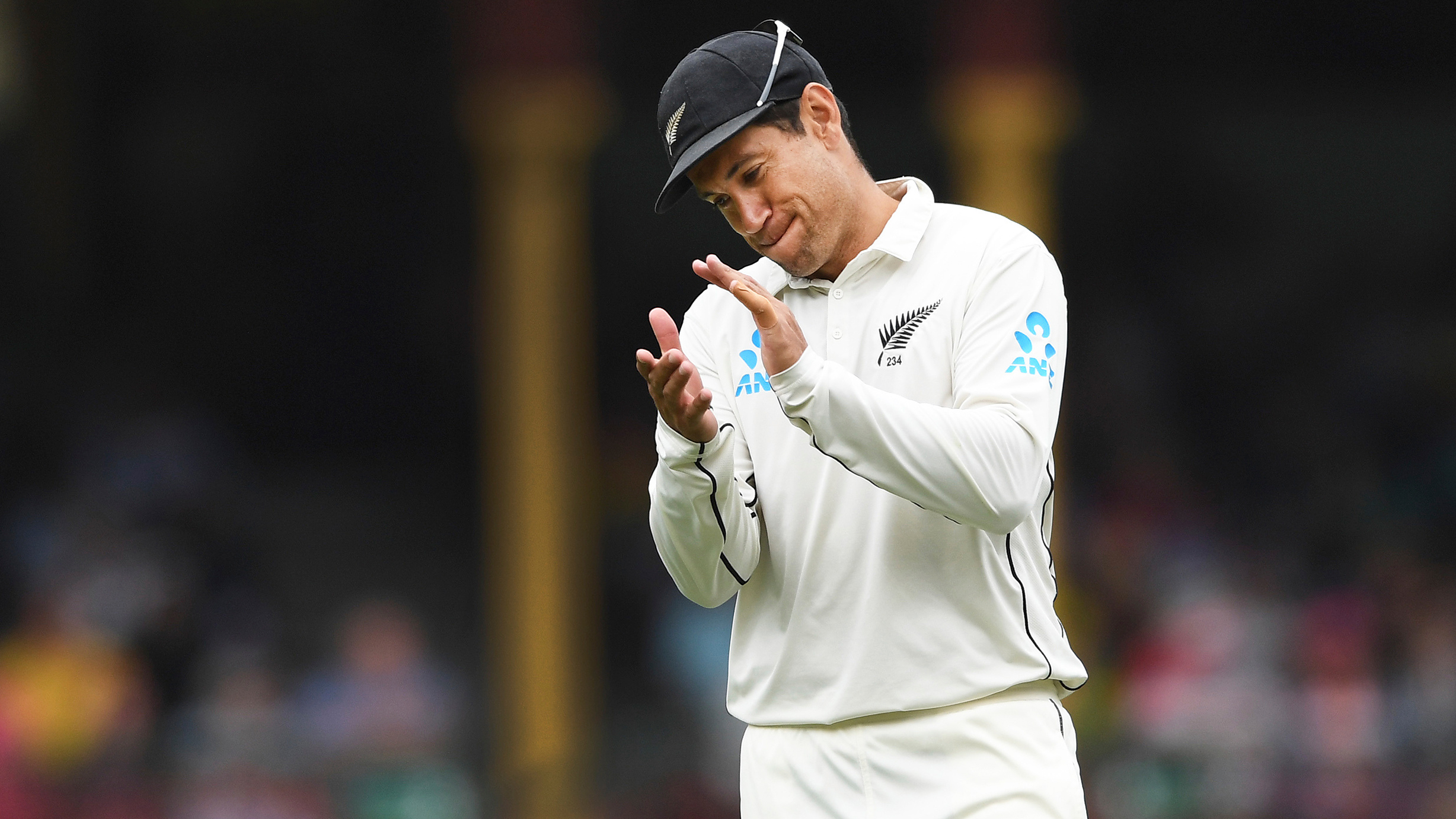

“Then the onus falls on the targets. You wonder if you should pull them up but worry that you’ll create a bigger problem or be accused of playing the race card by inflating harmless banter into racism. It’s easier to develop a thick skin and let it slide, but is that the right thing to do?
“Maybe not but that’s the way I dealt with it at the time.”
Taylor noted the New Zealand team management had also unwittingly touched a nerve.
“Not long after Mike ‘Roman’ Sandle became Black Caps manager, he said to Victoria (Taylor’s wife) that, when he was manager of the Blues rugby team, he’d observed that the Māori and Island boys struggled with managing money, ‘so if Ross wants to talk about it …’
“Victoria laughed it off, and it probably didn’t take Mike long to realise that, however well-meaning, he’d been a bit hasty in his assumptions.
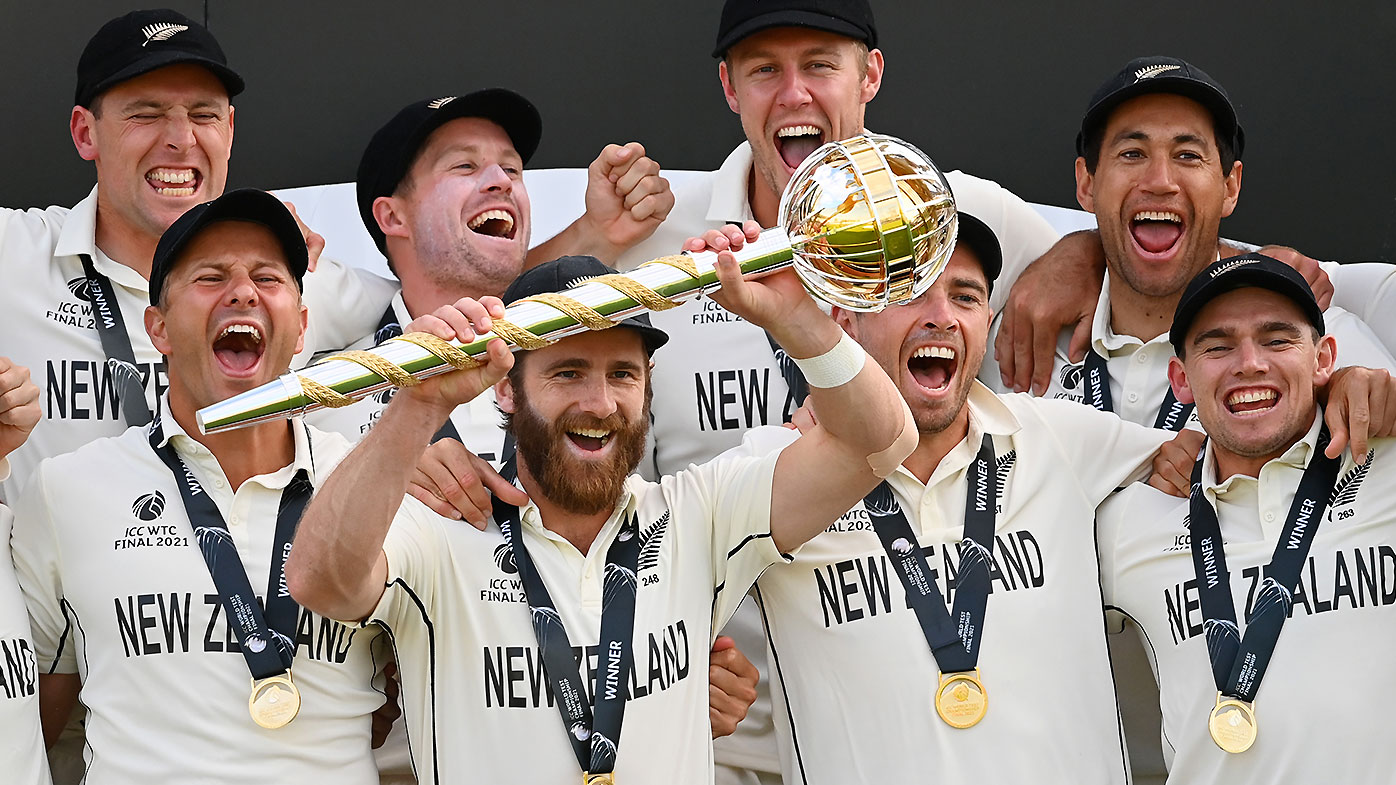

“When I came back into the team after the captaincy drama, I found myself sitting next to (coach) Mike Hesson in the Koru Lounge at Dunedin Airport. He’d come straight from his house. ‘My cleaner’s Samoan,’ he said. ‘She’s a lovely lady, hard-working, very trustworthy’. All I could say was, ‘Oh, cool’.
“I have no doubt that Roman and Hess and the guys who engaged in the ‘banter’ would be dismayed to learn that their remarks landed with a thud.
“Let me be clear: I don’t think for one minute that they were coming from a racist perspective. I think they were insensitive and lacked the imagination and empathy to put themselves in the other person’s shoes.
“What to them is a bit of harmless banter is actually confronting for the targets because it tells them they’re seen as being different. Instead of the message being, ‘You’re one of us, mate,’ it is, in effect, ‘You’re one of them’.”
Players, including teammates, would ask questions about Taylor’s ethnicity, especially given the fact he had a European-sounding name.
He told Sky Sport: “Knowing my name was Luteru, was something … when you start flying internationally and you get to your room as it’s Luteru Taylor and your teammates are going ‘who is this guy’?”
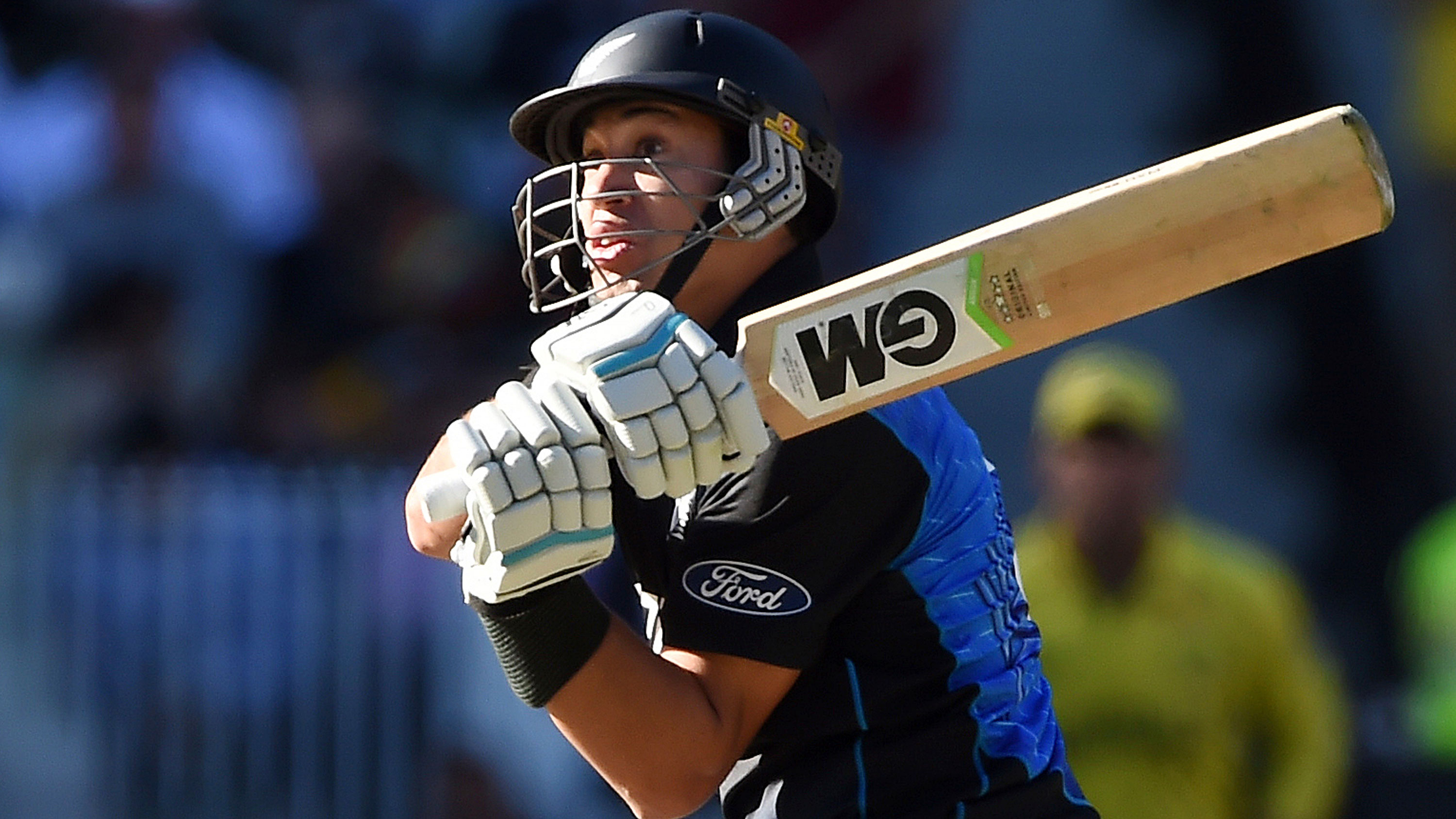

Taylor said talking about racism, when he first burst onto the Black Caps scene 16 years ago, might not have been frowned upon but would not be as well received as what it is today.
“We’ve moved on a lot that I can even talk about, I think,” Taylor said in the interview.
Growing up in Masterton, Taylor said there weren’t many Māori children playing cricket, and even fewer of Samoan heritage.
One of the country’s greatest ever batters, Taylor has now called on New Zealand Cricket to “put more resources into the Polynesian community”.
“Cricket in New Zealand is a pretty white sport. For much of my career I’ve been an anomaly, a brown face in a vanilla line-up. That has its challenges, many of which aren’t readily apparent to your teammates or the cricketing public,” Taylor said, revealing people assumed he was Māori or Indian.
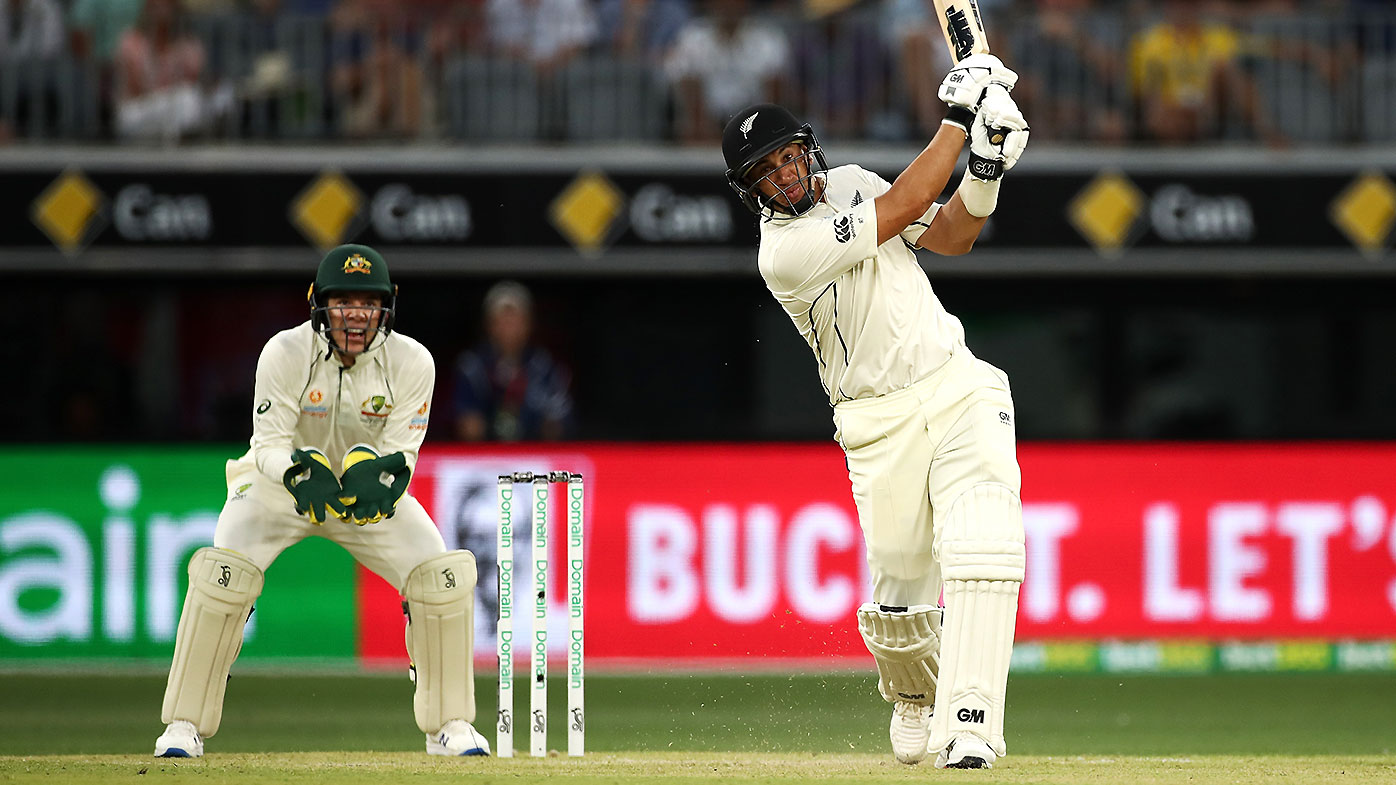

Taylor noted that former All Black and league star Sonny Bill Williams felt young Māori and Pasifika who were held back by a lack of confidence and their personal circumstances, and therefore didn’t fulfil their potential.
“I know from personal experience how true that is,” Taylor wrote.
“I’d hope that one of the takeaways from my career is that good cricketers can emerge from a Polynesian background.”
He admitted cricket gear could be expensive compared to other sports “which probably puts some Polynesian parents off the game”.
“But maybe New Zealand Cricket should be putting more resources into the Polynesian community because there must be more where I came from,” he wrote.
New Zealand Cricket said initiatives were under way in this area and Taylor, with his experience, was involved in these.
“Ross has been a fantastic player for the Black Caps; his contribution to cricket in New Zealand has been immense,” a NZC spokesperson said.
“He currently sits on an NZC working group aimed at improving the game’s engagement with Pasifika communities, and we greatly value his input.”
For a daily dose of the best of the breaking news and exclusive content from Wide World of Sports, subscribe to our newsletter by clicking here!
